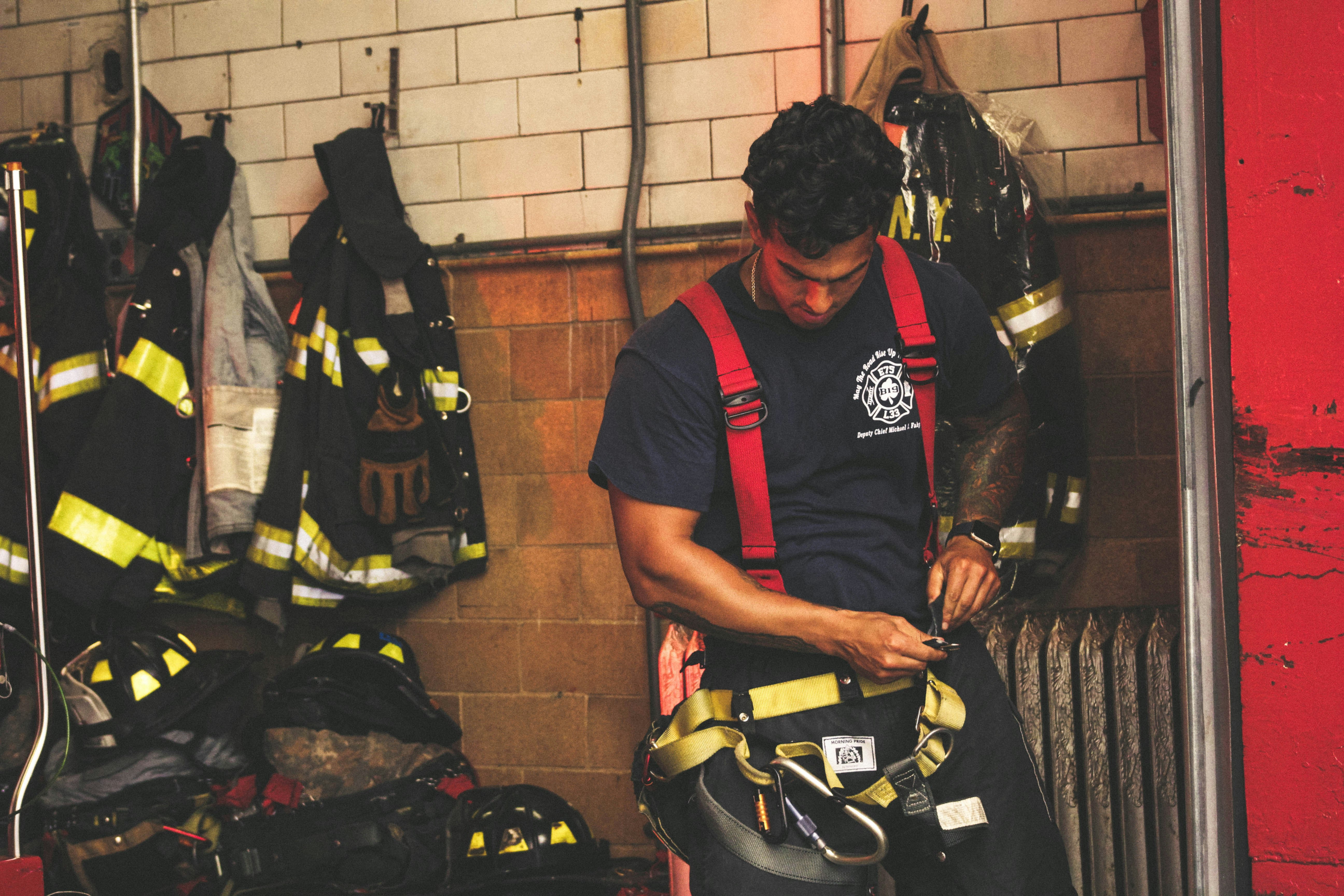The Foundation of Emergency Response
In the fast-paced world of emergency response, having a robust set of essential skills is critical. These skills not only empower responders to act confidently but also significantly impact outcomes in crisis situations. From natural disasters to medical emergencies, the demands on emergency responders are immense and diverse.
Comprehensive Training: The Backbone of Preparedness
Training is the cornerstone of every emergency responder’s career. In Florida, where hurricanes and other natural disasters are prevalent, being well-trained can mean the difference between chaos and orderly management of a critical situation. Our specialized courses offer in-depth knowledge and practical experience to develop these competencies.
Key Skills for Emergency Responders
What are the must-have skills for someone looking to excel in this demanding field? Here are some that top the list:
- Quick Decision Making: In emergencies, every second counts. Being able to assess situations quickly and decide the best course of action can save lives.
- Medical Knowledge: Basic and advanced life-saving skills, including CPR, handling trauma cases, and managing severe bleeding, are crucial. More about this can be explored through our medical first aid training.
- Strong Communication: Clear, calm, and effective communication during a crisis is essential. It ensures team coordination and helps in effectively managing victims and bystanders.
- Physical Fitness: Responders often need to perform physically demanding tasks, from lifting patients to navigating difficult terrains at disaster sites.
- Emotional Resilience: Dealing with high-pressure situations and often catastrophic environments can take a toll. Being able to manage one’s own emotional and mental health is as essential.
Advanced Technical Skills
As technology advances, so does the field of emergency response. Familiarity with the latest emergency equipment and technology, such as the use of Automated External Defibrillators (AEDs), is increasingly important. Understanding these can be enhanced through our CPR, AED, and First Aid combo courses.
Real-Life Applications
Imagine the scenario of a major hurricane hitting Florida; emergency responders are among the first on the scene. They assess the situation, provide medical care, and coordinate safe evacuations. These scenarios are not just hypothetical but real situations where these skills transform chaos into managed recovery and rescue operations.
Continuous Education and Training
Learning is an ongoing journey for emergency responders. With each disaster, valuable lessons are learned, and these insights further shape training programs and response strategies. Staying updated with the latest protocols and practices is not optional but a necessity, covered extensively in our diverse training courses.
Join the Heroes
Are you inspired to become part of this dynamic field? Start by joining our community of dedicated emergency response professionals through our signup page. Whether it’s by supporting through donations or enrolling in a course, your involvement makes a crucial difference.
Emergencies are unpredictable, but the response doesn’t have to be. With the right training and skills, emergency responders in Florida and beyond can continue to save lives and mitigate the impacts of disasters effectively. Visit our About Us page to learn more about our mission and how you can get involved in making a difference.
For further reading and detailed guides on emergency preparedness and response, check out our blog. It’s regularly updated with actionable tips and detailed insights into the world of emergency response.
Conclusion
From the frontline of emergency situations to the planning rooms where strategies are crafted, the skills of an emergency responder are invaluable. These professionals make a life-saving difference every day. It’s a role that comes with challenges, but also immense satisfaction and the potential to save lives. For those who feel the call to help, there’s no better time to start than now.

